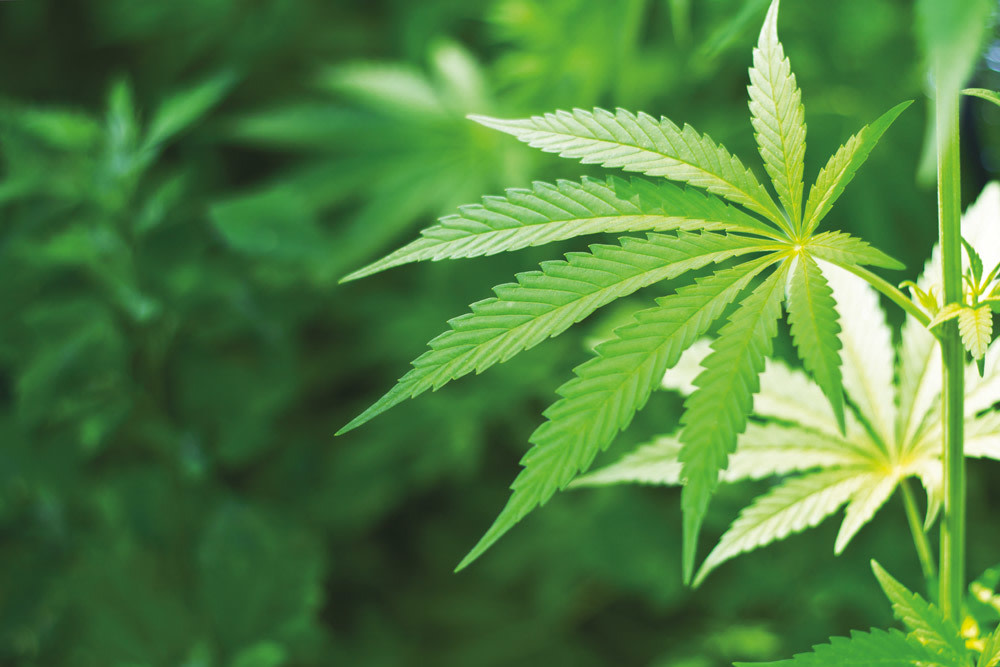Riding Along with a Weed Dealer to Vancouver's Marijuana Main Street

It’s noon on a Tuesday, but Vancouver’s Main Street Marijuana is thronged with shoppers.
My companion and I peer down into a glass display case that looks reclaimed from an old department store. “Corie D,” a 28-year-old with short, sandy hair who has sold marijuana in Portland for the past 10 years, is making his first trip to a legal weed store. So far he’s not impressed.
He’s trying to appraise the product in the case, which is also sealed in vacuum-tight, plastic packages. A handwritten note labels one strain “Zag Zilla,” and prices it at $125 for 14 grams, more than twice the price it would command on the street. It’s a bit like trying to judge farmers market vegetables locked in a vault.
“Is everything packaged?” Corie D asks. (Corie D is not his real name.) The bright-eyed salesperson behind the counter tells him it is.
“The sealed packaging is a big turnoff for me,” Corie D explains when she’s out of earshot. “There are a variety of things that attract me to different strains. This stuff is a little bit leafy. There’s not enough crystal. I’m not into that.”
When Measure 91 passed last November, Oregon became the third state to permit recreational weed. As of July 1, it’s legal for anyone over 21 to grow up to four plants on their property, stash up to eight ounces at home, and carry as much as an ounce. (At press time, the Oregon Legislature and OLCC were hammering out rules for licensing, selling, packaging, testing, and setting up retail stores like Main Street.) Longtime legalization advocates, here and elsewhere, hailed Oregon’s vote to follow Colorado and Washington. But for an old pro like Corie D—who voted “no” on 91—the future looks less like a new era of freedom than a dark age of bureaucracy and corporate competition.
“The law could have been written better,” he told me on the drive up to the shop. “They keep adding regulation after regulation.”
In 2012, Corie D turned legal, growing and selling for two of Portland’s 79 medical marijuana dispensaries. His company is a small player, growing 50 pounds annually in an undisclosed indoor facility in Northeast Portland under 600-square-foot canopy. Still, the grow employs four people (including Corie D and his cofounder) and brings in more for the six annual harvests.
“It’s a lot of hard work,” he says. “But I’m loving it.”
Corie D fears the postlegalization marketplace will prove hostile to small operations like his. He’s most concerned about the OLCC’s proposed “seed-to-sale” system, which would require individual plants to be tracked from the moment of planting. While the rules aim to keep weed from drifting into the black market, Corie D says if a tracked plant died—as they frequently do—growers might not be able to replace it with a backup. He says only large-scale operations could absorb the resulting losses.
“It’s giving people who have capital, buildings, dispensaries an unfair advantage,” he says. “They’re trying to speed-roll it. They’re rushing through it to get something out there.”
Before we drive back to Portland, Corie D buys some special peanut butter cookies and a THC-laced lemon ginger soda. The two packages look like anything you could find in a grocery store. That’s what many legalization advocates dreamed of. Corie D hopes it won’t be a nightmare.
